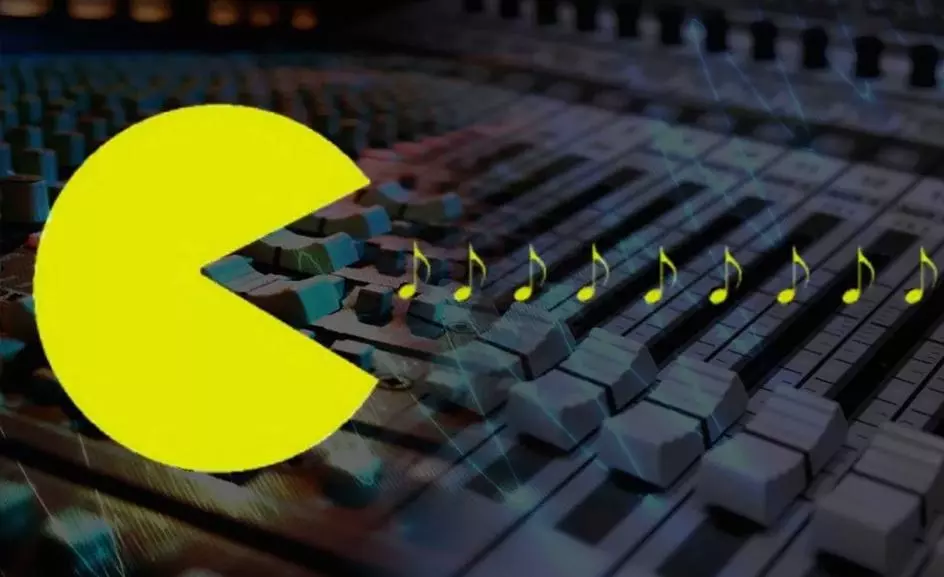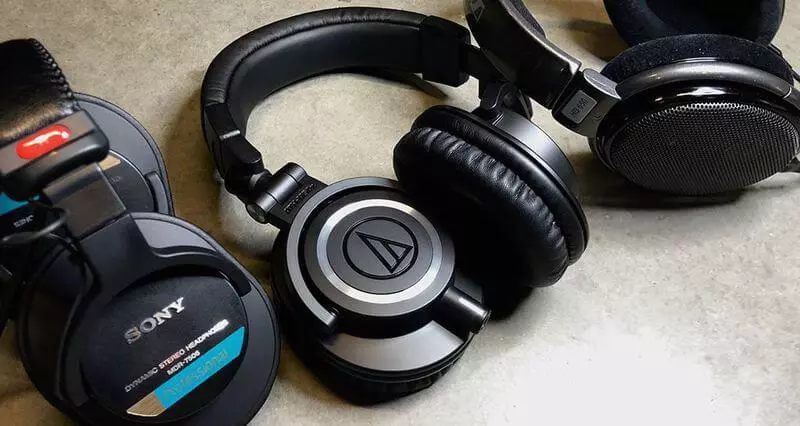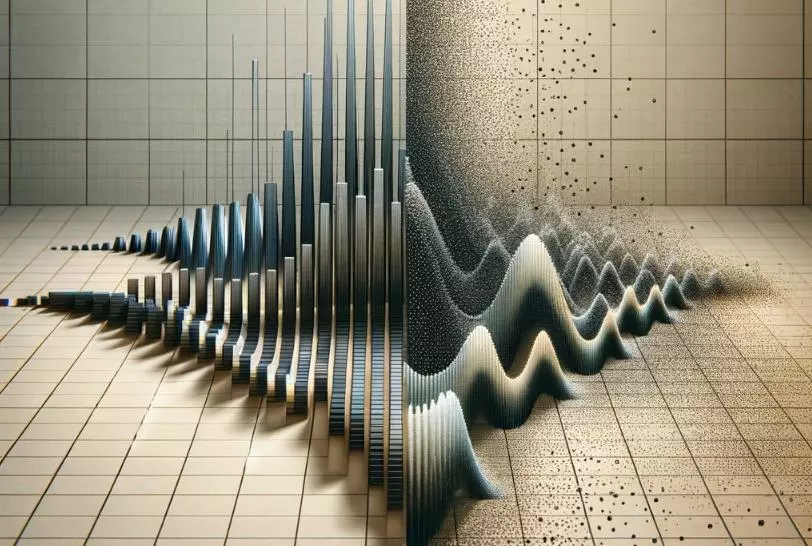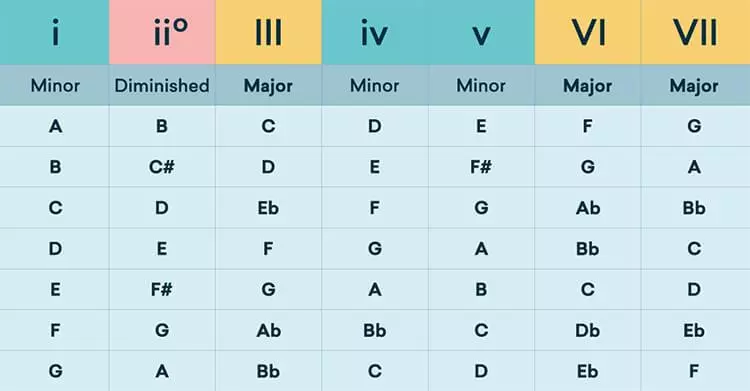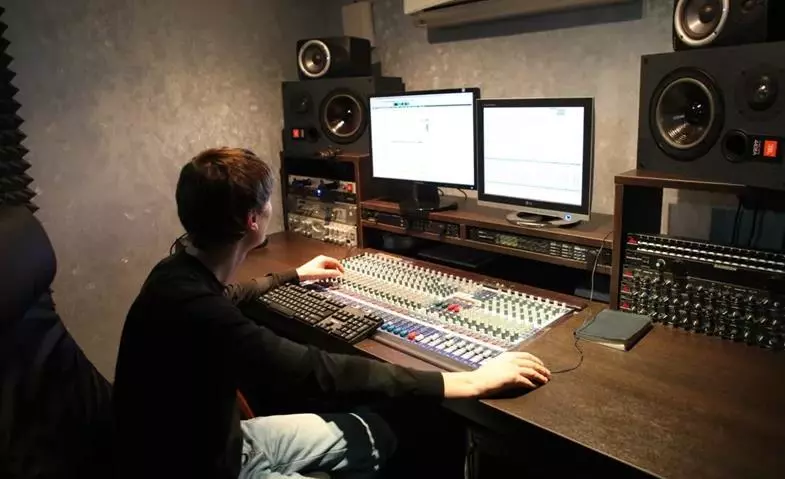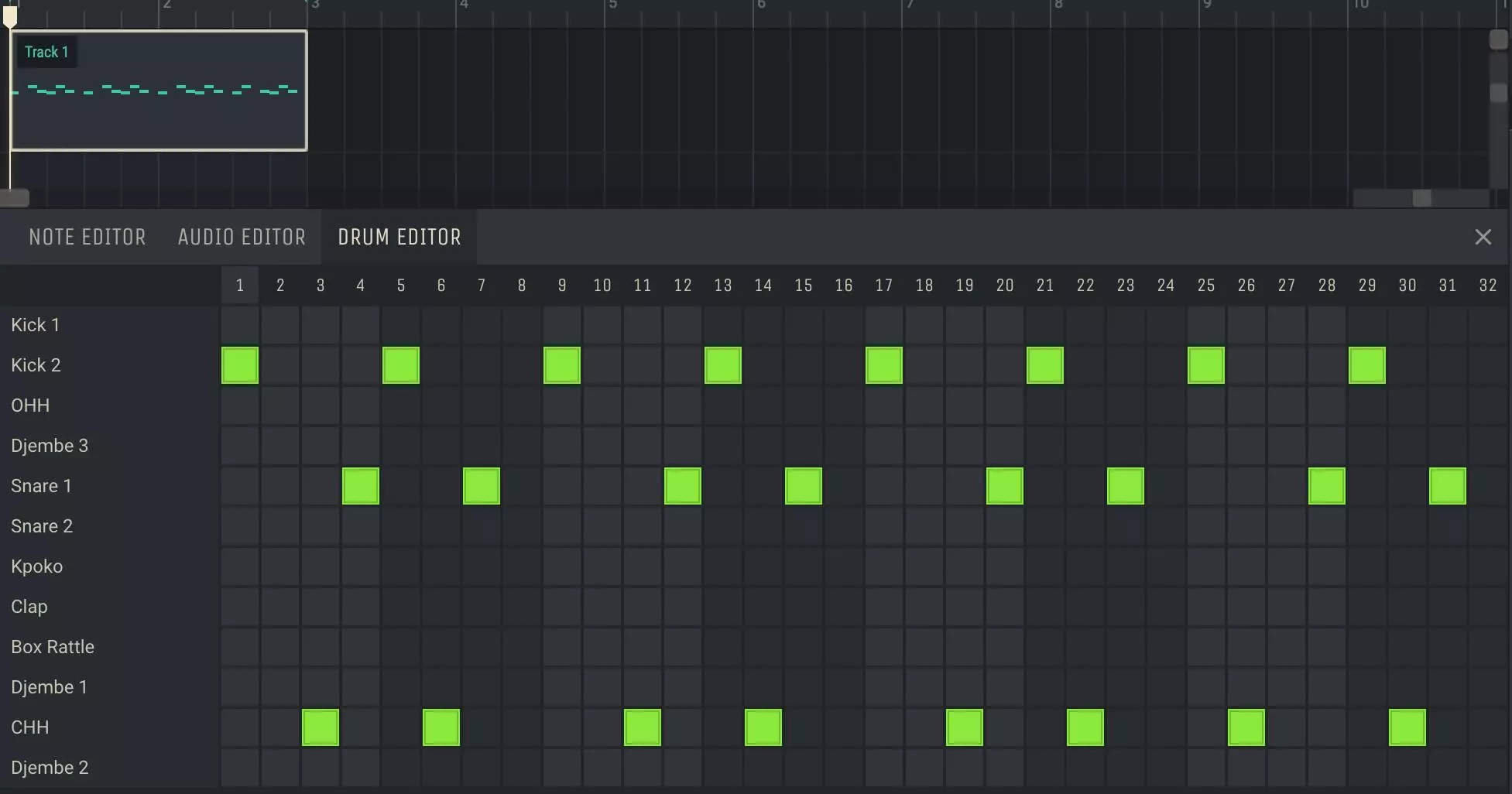Best reverb VST plugins
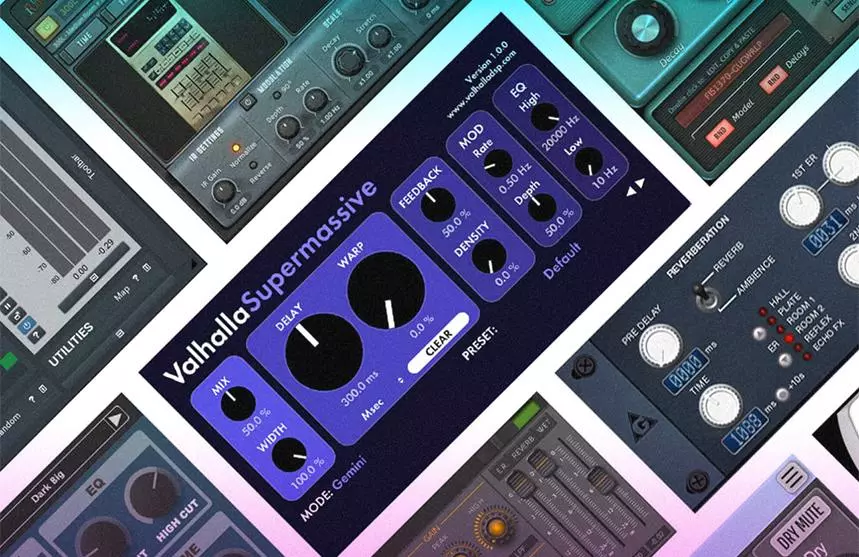
Reverb is a time-based effect that is used to create the illusion of a room or space. It is often used in mixing to make vocals and instruments sound fuller and more natural. Reverb can be created artificially using software, or by recording sound in an echo chamber. Reverb can be used to create a sense of space and depth in a mix, and it can also be used to smooth out the transition between different sounds.
There are many different types of reverbs, but they all share some common characteristics. A reverb creates a sense of depth by simulating the reflections of sound off of surfaces in an acoustic space. The reflections are delayed by a certain amount of time, and they become softer as they travel away from the source. This creates the illusion of distance and size.
Reverbs can also be used to smooth out the transition between different sounds. When two sounds overlap, there can be a sudden change in volume as one sound ends and the other begins. Reverb can help to smooth this transition by adding a small amount of delay to both sounds. This will make the transition smoother and less noticeable.
Reverb plugins are important for adding depth and texture to your sounds. They can help to make your mixdowns sound more polished and professional. In addition, different reverbs can be used for different purposes. For example, a long reverb might be used to create a sense of space, while a short reverb might be used to add punch to a drum sound.
There are many different types of reverbs available, so it’s important to choose the right one for the job. In this article, we’ll be discussing the best reverb plugins on the market. Whether you’re looking for a free option or something more professional, we’ve got you covered.
There are many different types of reverbs, each with their own unique character and purpose. After reading this post, you’ll have a much better understanding of the different types of reverbs and when to use them. We’ve also compiled a list of our favorite reverb plugins on the market.
Nowadays, there are many ways to emulate the sound of reverb, but in the early days of recording, there was only one way to get the desired effect- record in a space that had the desired room characteristics. Phil Spectre was a pioneer in this field, and would record different elements of his song in different studios so that he could achieve different sizes and tones in the final recording. This approach revolutionized the way that space was used in music production.
Reverb is a type of audio effect that simulates the sound of various spaces. It can make a recording sound like it was made in a hall, cathedral, or small room. Reverb can be used to create a sense of space, depth and lushness to the sound.
There are many ways to add reverb to audio, ranging from simple hardware effects to sophisticated software plugins. Some of the most popular methods include using convolution reverbs, which use recorded impulse responses of real-world spaces to recreate the ambience of those places, and algorithmic reverbs, which use mathematical algorithms to generate artificial reverb.
Reverb can be a very useful tool for giving recordings a sense of space and making them sound more natural. However, it is important to use it sparingly, as too much reverb can muddy the sound and make it difficult to hear individual elements in the mix. When used judiciously, though, reverb can be a powerful tool for creating a sense of space and depth in your recordings.
How are Some of the Best Reverb Plugins Used?
Reverb can be used in a number of ways to enhance the sound of an audio recording. It can create an acoustic space for an instrument to sit (like a drum room or a concert hall), add “excitement” to a track, add depth and dimension to an instrument, or push a track further back in the mix. By carefully choosing the type and amount of reverb, you can create a unique sound that will help your recording stand out.
Creating spaces can be tricky, but there are a few tricks we can use to help us out. One thing we can do is imagine the performer in an acoustic environment and try to recreate what that environment might sound like by using reverb. Of course, plugin presets can do the bulk of that work for us!
Reverb plugins can be used to add depth and excitement to your tracks. By experimenting with different reverbs, you can find the sound that works best for your music. You can use short reverbs to make something sound bigger or more exciting, or longer reverbs to add depth or push a track back. Ultimately, it’s up to you to decide how to use the best reverb plugins available. So get out there and start experimenting!
Types of Reverb Plugins
There are 5 types of reverbs, which can be classified into two categories: convolution reverbs and algorithmic reverbs. Convolution reverbs are based on real-world spaces, such as rooms or halls, while algorithmic reverbs are more synthetic, and can be made to sound anything from a small room to a large cathedral.
Room Reverbs
A room reverb is a type of reverb that is designed to mimic the sound of an enclosed space, such as a studio. This type of reverb is often used to make all the elements of a mix sound like they are in one space. It can be thought of as a cohesive glue that helps to place sounds into one real space.
Hall Reverbs
Large and spacious hall reverbs are a great way to add some extra ambiance to your mix. They can make sounds seem bigger and smoother, and push them further back in the mix. While they’re not always necessary, they can be a great tool to have in your arsenal.
Chamber Reverbs
Chamber reverbs were created to provide a more accessible, artificial reverb. By using a small side-room or chamber with many reflective surfaces, the engineer could create a “wet” reverb signal to mix into the original audio. Chambers feel denser and thicker than other reverbs, as they are really a small space artificially designed for more reflections.
Plate Reverbs
Reverbs are an important part of any audio mix. They can add depth and spaciousness to a track, and can be used to create a sense of ambience or atmosphere. There are many different types of reverbs available, each with its own unique sonic characteristics.
One type of reverb that has become increasingly popular in recent years is the plate reverb. Plate reverbs are so named because they use a metal plate to create the reverb effect. The audio signal is run through the metal plate, and the vibrations of the plate are recorded. The timbre of the reverb will be highly dependent on the material used for the plate, but plate reverbs are famous for their bright and smooth sound. Because of their brighter tone, plate reverbs are great for elements at the front of the mix.
If you’re looking for a lush, atmospheric reverb that will add some depth to your tracks, then you should consider using a plate reverb.
Spring Reverbs
It is similarly to a plate reverb, except the spring is moved instead of the plate. This allows the plate concept to be miniaturized, as there is more surface area in a smaller space. Additionally, springs move more easily than plates, making them a more practical option for smaller reverberation devices.
Spring reverbs are known for their use on guitars and produce a characteristic tone that is often associated with classic rock music. Their echoes are distinctly audible and create a more abrupt sound than smoother reflections.
Algorithmic Reverbs
Reverberation is created artificially in a digital environment through the use of algorithms. These algorithms attempt to emulate one of the natural reverberation types mentioned earlier. This artificial reverberation can be used to improve the sound quality of a recording, or to create an immersive sonic environment for listeners.
Convolution Reverbs
Convolution reverbs are based on samples of real-life spaces, which can create very realistic reverbs. This is because they are based off of the naturally occurring reverbs in those spaces. By using these impulse responses, or just IRs, the sound of the space can be accurately reproduced.
Why Do I Need So Many Reverb Plugins?
The best way to make a great mix is understanding the different characteristics of different reverbs and using the right one for the right job. With just one reverb, you can definitely make a killer mix, but using different reverbs will help make your mixes that much better. Keep in mind the different spaces that reverbs can create and how they can affect the overall sound of your mix. With the right knowledge and application, you can make any mix sound great!
Producing and mixing music is a skill that requires dedication and practice in order to improve. The more you learn about the details of production and mixing, the better decisions you will make, and the stronger producer you will become.
Reverbs can be used to create a sense of space and depth within a mix. Some reverbs, like halls, will make a sound feel like it’s in a certain space and push it further back in the mix. Plate reverbs are so bright that they can make elements jump to the front of a mix. By using reverbs creatively, you can achieve different effects in your mixes.
Organizing the Best Reverb Plugins
The best reverb plugins can be expensive, but there are affordable ones available as well. We will categorize the respective reverb plugin itself as a convolution or algorithmic reverb. Convolution reverbs use sampled impulse responses, while algorithmic reverbs generate their own impulses. Algorithmic reverbs are more versatile, but can be more expensive. However, there are affordable algorithmic reverbs available as well.
The user interface and design of the plugin is simple and easy to use. The sonic character and quality of the reverb is excellent, and it has a very smooth tone. We find ourselves reaching for this plugin because it is easy to use and has a great sound. One definitive tip we can give is to experiment with the various settings to find the perfect sound for your needs. This plugin is unique because it is very versatile and can be used in many different ways.
Reverbs reviews
1. FabFilter Pro-R
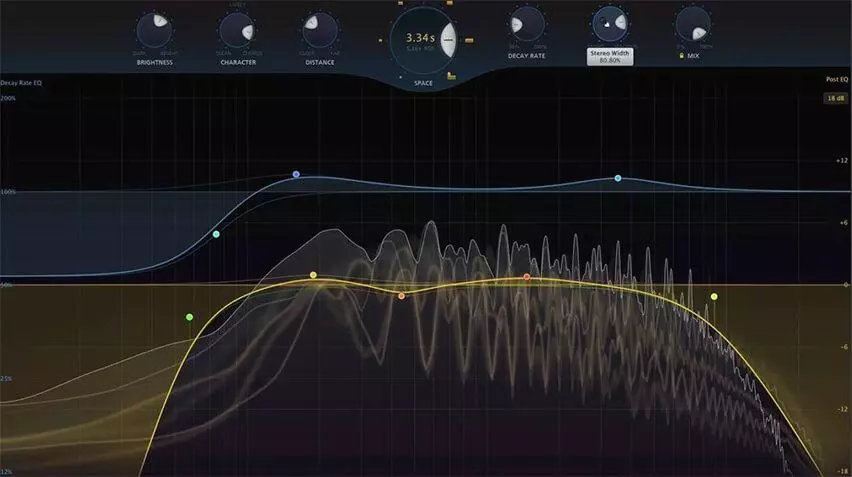
The Pro-R reverb plugin by FabFilter is known for its musicality and intuitiveness. It’s easy to dial in a reverb sound that you like without being overly technical. Some of the parameters, like “Brightness,” “Distance,” and “Character” are easy enough to imagine, which makes it a great option for those who want a high degree of control without getting bogged down in the details.
The Pro-R reverb plugin by FabFilter is one of the best out there. It has an integrated 6-band post-EQ, so you can really sonically shape your reverbs in great detail. This makes it a favorite among audio professionals.
2. Waves H-Reverb
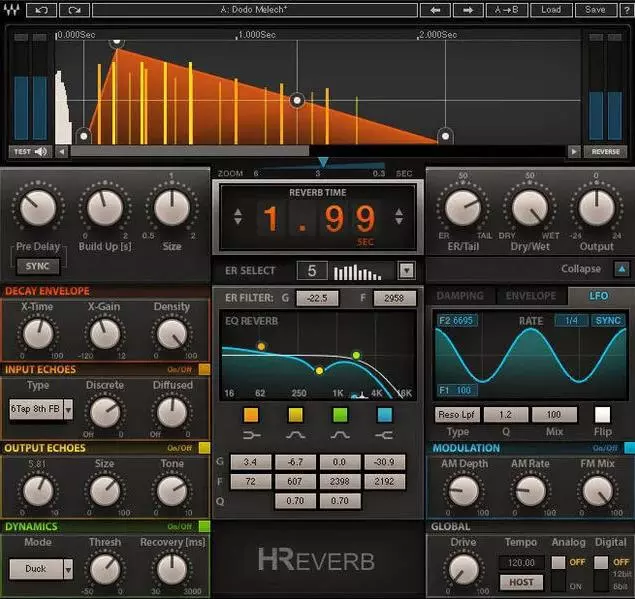
The H-Reverb is a great sounding and extremely customizable reverb plugin. It combines classic reverb concepts with some of the most advanced aspects of digital reverb processing, resulting in a plugin that is suitable for your creativity. This plugin utilizes Finite Impulse Response technology, which provides richer, deeper decays with a crispness that sits nicely in a mix.
3. Waves Manny Marroquin Reverb
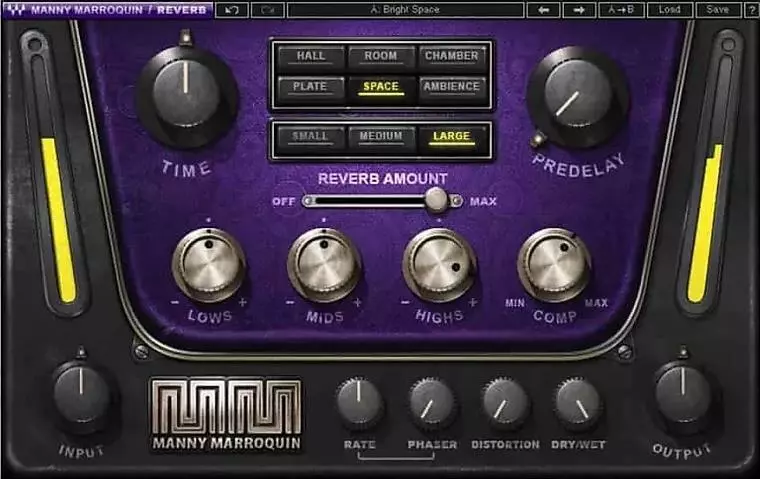
Manny Marroquin’s reverb plugin is a great option for anyone looking for an easy to use and versatile reverb. The plugin includes 18 different reverbs, 6 of which are styles with 3 room sizes each. This makes it easy to find the right sound for your track. The interface is well laid out and easy to use, so you won’t have to spend much time fiddling with the controls to get a great sound.
4. Waves RVerb
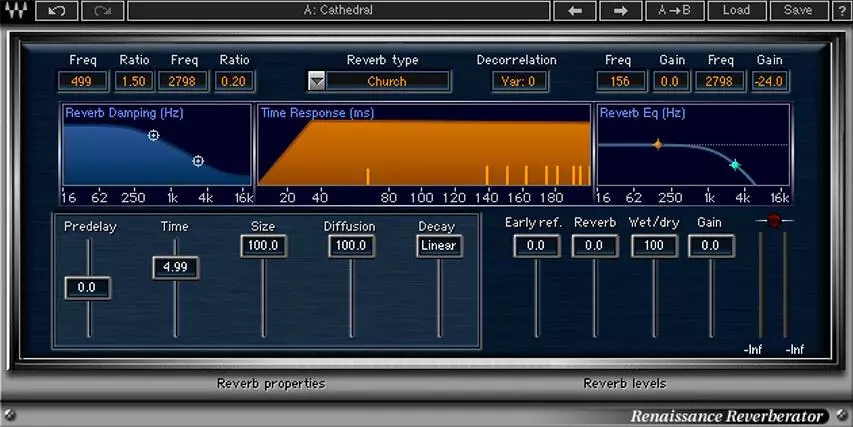
If you’re looking for a great reverb plugin that doesn’t take up a lot of CPU power, Renaissance Reverb is a great option. It features 12 different reverb types, and an early reflection system for extra texture and density. So if you have an artist who likes to track through reverb, loading up an instance of RVerb is a great choice. Plus, the grittiness of RVerb can give your tracks a cool edge that you might not get with other, more hi-fi plugins.
5. Universal Audio EMT 140 Classic Plate Reverb

The UAD EMT 140 plugin is a faithful emulation of three different EMT 140 plate units, which were installed at The Plant Studios in California. This plugin is endorsed by EMT themselves, and provides a lushness that is hard to find elsewhere.
6. Universal Audio Lexicon 224
![]()
The Lexicon 224 is a classic digital reverb that was first introduced in 1978. It’s popularity would make it one of the most popular reverb units of all time. The UAD version of the Lexicon 224 faithfully replicates the sound of the original hardware. This makes it an excellent choice for anyone looking for an iconic digital reverb. The same algorithms used in the original hardware were also used in the plugin, ensuring that the sound is of the highest quality.
UAD offers a wide range of reverbs, including the Lexicon and EMT emulations, as well as other great reverbs such as Capitol Chambers and Ocean Way Studios. This variety can add a lot to your mixes!
9. Denise Audio Perfect Room
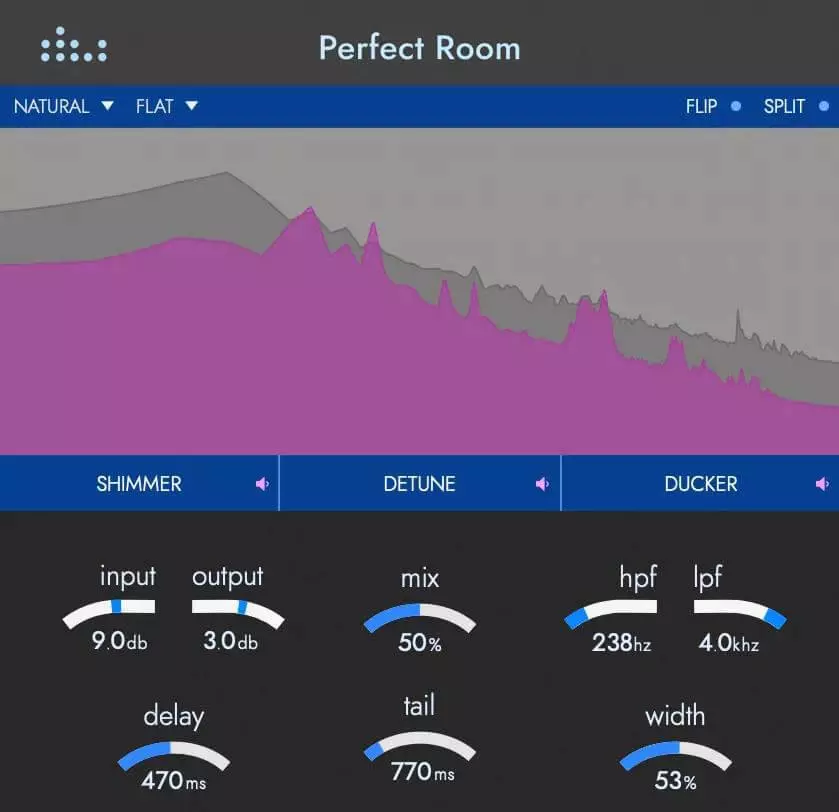
The team at Denise Audio has created a technology that is better than classic algorithmic reverb plugins. TXVerb technology creates an illusion of reverberation through the use of short feedbacking delays. This technology is more realistic and accurate than other reverb plugins, making it a great choice for music production and other audio applications.
TXVerb technology is innovative, and it allows for creative use of sound while enhancing the character and coloration of any audio that is run through it. This makes the plugin ideal for a wide range of applications, from the lowest kick to the highest vocal. The results are always tight and defined, making your audio sound its best.
10. Soundtoys Little Plate

The Little Plate reverb is based on the EMT 140, a classic plate reverb unit. It has simple controls and goes all the way to infinity to create some truly unique sonic landscapes. There’s also a built-in low-cut filter to keep the reverb from muddying up the mix. The Mod switch adds a touch of modulation for extra richness on long decay tails.
11. Seventh Heaven Liquidsonics
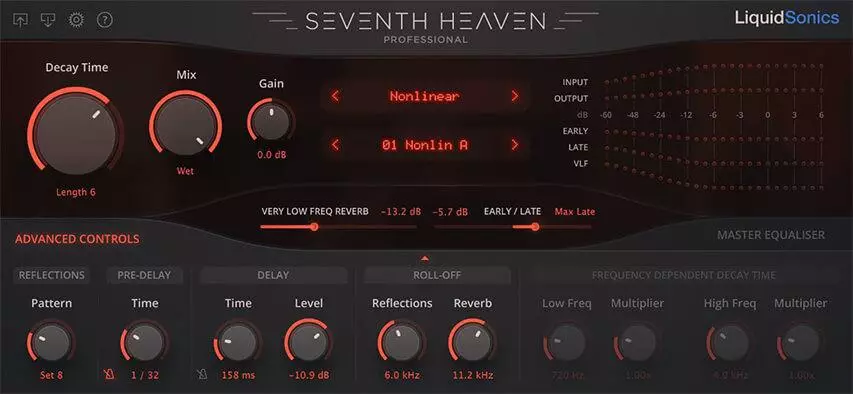
There are two versions of the plugin: Standard and Professional. With the more affordable Standard version, you get 30 original M7 presets, while the Pro versions comes loaded with 236.
One of the best things about Seventh Heaven is that it’s very easy to use. You can select your presets by type or artist, and there’s also a handy browser that lets you search for specific sounds quickly and easily. The plugin also includes a number of useful effects like delay and chorus, which you can use to customize your sound. Whether you’re a professional musician or just starting out, Seventh Heaven is a great plugin to have in your arsenal.
12. TAL-Reverb-4 TAL Software
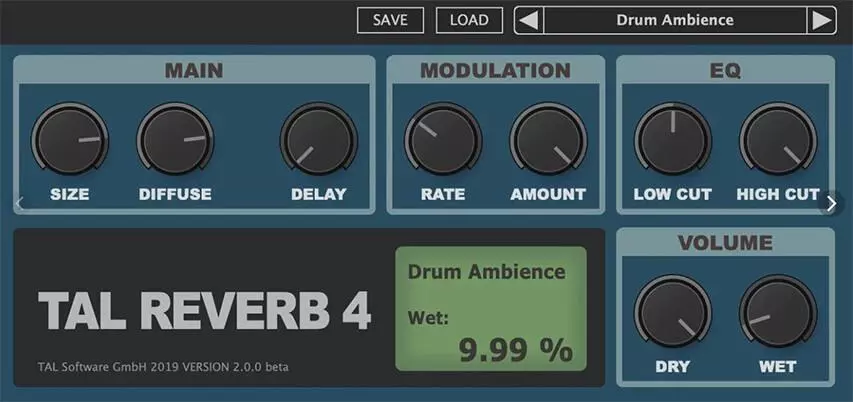
The TAL Reverb-4 plugin is a simple but versatile reverb with four sections: Main, Mod, EQ, and Mix. You can use the Main section to choose the size and decay of the reverb, and the Mod section to add modulation to the reverb tails.
This plugin is capable of producing some really nice reverbs, and with a little tweaking, can be made to sound very close to those found on old Abbey Road recordings. The Main section lets you control the size and decay of the reverb, while the Mod section lets you add modulation for extra lushness. The EQ section can be used to cut or boost certain frequencies, which can help to tailor the reverb to your track. And finally, the Mix section lets you set how much of the wet (reverb) signal is blended in with the dry (original signal).
13. OldSkoolVerb Voxengo

OldSkoolVerb is a versatile algorithmic reverb that can create classic reverberation sounds like plates, rooms, halls, and chambers. It produces a clear spatial image that can easily be wedged into a mix. Voxengo recommends trying it on non-percussive sounds like vocals, piano, and synth pads.
14. Protoverb u-he
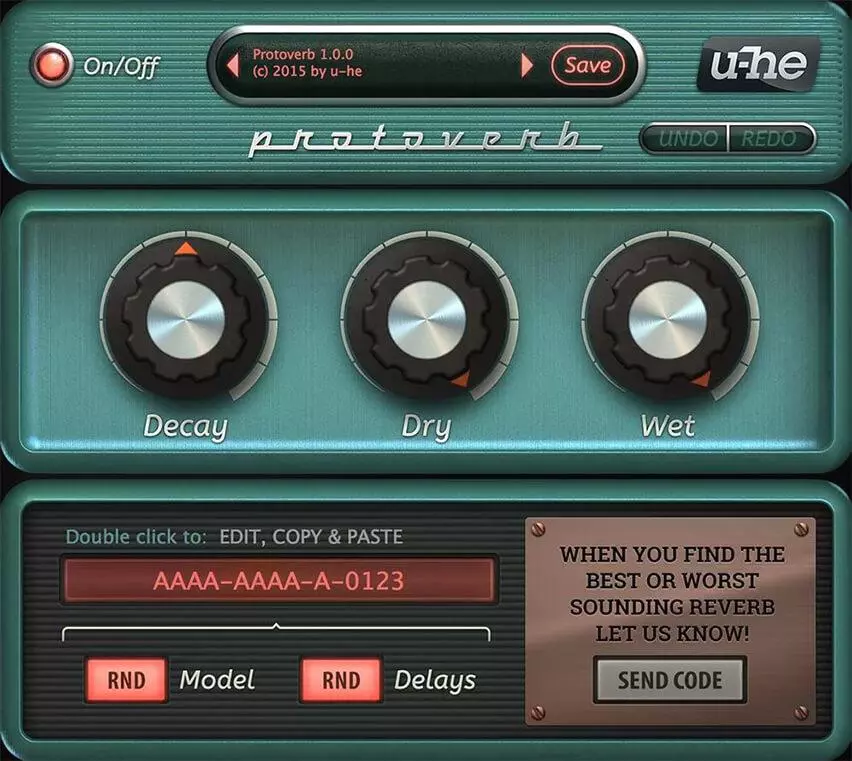
Protoverb is a free plugin that is also researchware, meaning its development is ongoing. Protoverb does the opposite of what algorithmic reverbs try to do, which is avoid natural room resonances. It actually recreates those natural resonances you’d hear in a space. There’s no need to modulate the signal because this plugin just models what a room really sounds like.
15. Dragonfly Reverb
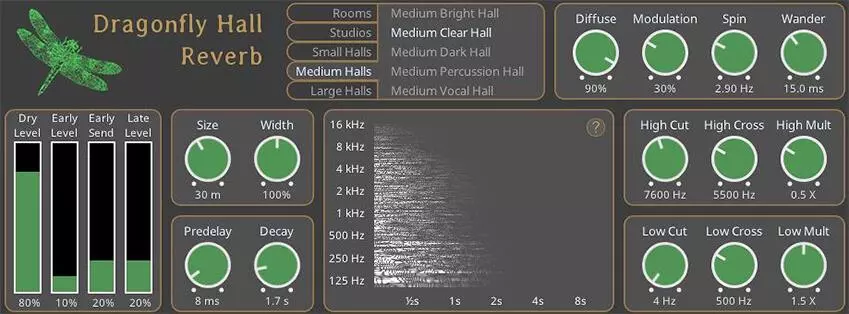
Dragonfly is a four-in-one plugin that can provide rich, bright reverbs that don’t sound synthetic. It’s highly customizable, so you can create any type of sound you want. Whether you’re looking for something subtle or more pronounced, Dragonfly is a great option. Plus, it’s free! So there’s no reason not to try it out.
16. Liquidsonics & Slate Digital Verbsuite Classics

The Verbsuite Classics plugin is easy to use, with big knobs and no complicated settings. It’s easy to dial in amazing tones, and comes with many great sounding presets to get you started.
Liquidsonics claims to use a different technology than traditional impulse responses, incorporating more information such as the evolving character of modulating digital reverbs. This purportedly makes the overall tone rich, smooth, and dynamic. While it’s difficult to verify the veracity of these claims, they certainly make for an attractive selling point.
Verbsuite includes models of many classic digital reverbs, which can be used to change the tone of your reverb. These reverbs were staples in the major studios, and were used to produce many of our favorite records.
Verbsuite can be used on any element in your mix, but it really shines on drums. It’s versatile and can be used for a variety of different applications. We think it’s the best reverb for drums because it sounds natural and doesn’t muddy up the mix.
The Gatey 80s Drums preset can add some amazing sounding drums to your track, especially on snares and toms. I recommend lowering the mix to around 30%, lowering the highs on the EQ section to around 10 o’clock, and turning the width up a bit. Then, set the decay to taste.
17. Relab LX480 Complete
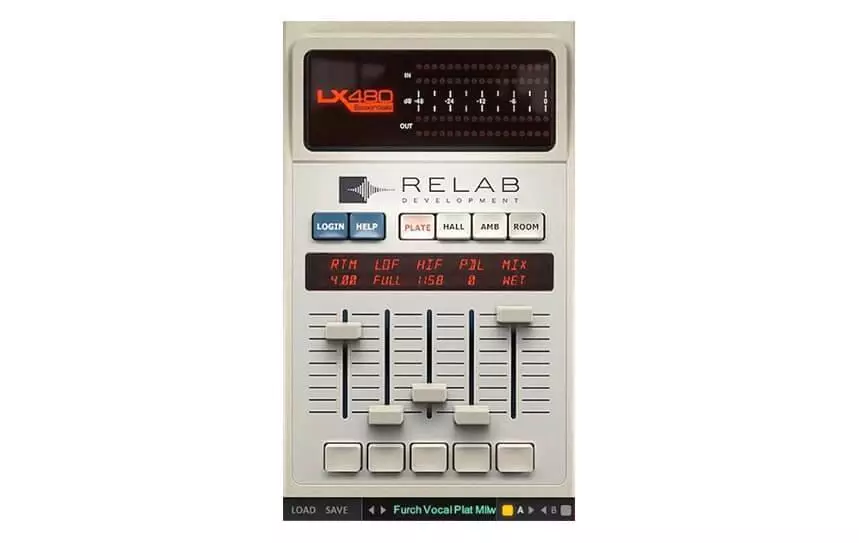
The LX480 can be a little tricky to use at first, especially if you are not familiar with the original Lexicon 480. However, once you get the hang of it, the tones that this unit can produce are incredible. The LX480 sounds great right out of the box, so it is easy to dial in amazing tones quickly.
The Lexicon 480 reverb unit is a classic for a reason – its sound is simply unbeatable. There are many emulations of this unit, but I haven’t found any that comes close to the Relab software. If you’re looking for the perfect reverb plugin, you need to check out the Relab LX480!
The reverb plugin has an incredible way of putting tracks in a smooth space without having the reverb conflict with other elements in the mix. This allows you to create a cleaner mix without having to worry about any unwanted sounds.
18. Valhalla Room
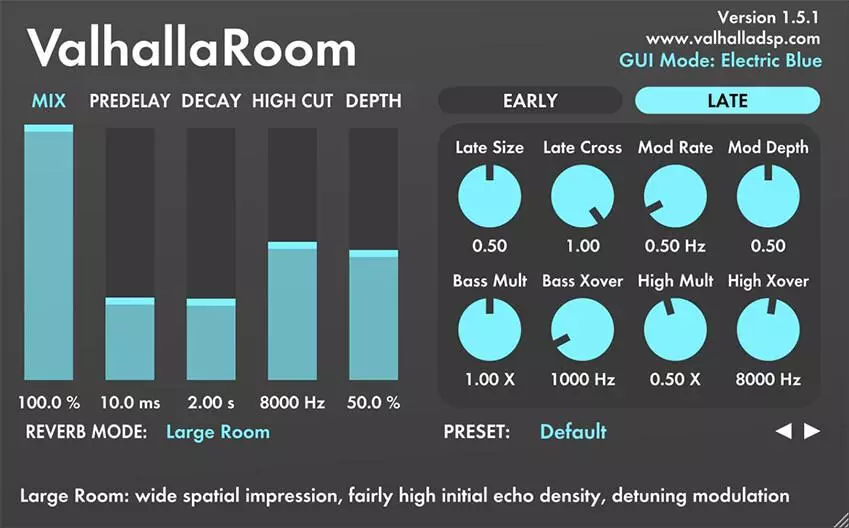
Valhalla is one of the most popular reverb plugins amongst EDM producers. It has a very simple interface, but offers a lot of advanced options. The different modes it offers affect its character, but Room is generally clean and smooth sounding. It’s perfect for adding some extra polish to your tracks, and is very affordable.
One of my favorite reverbs is the ValhallaPlate plugin. It’s versatile, sounds great, and is easy to use. It can be used on anything, but I like using it when I want a bit of an unnatural reverb tail. Try it out on synths, drums, FX, reverb throws, long tail reverbs, and when you want wide reverbs. Try raising the ‘Early Cross’ parameter to get a wider reverb.
19. Liquidsonics Lustrous Plates
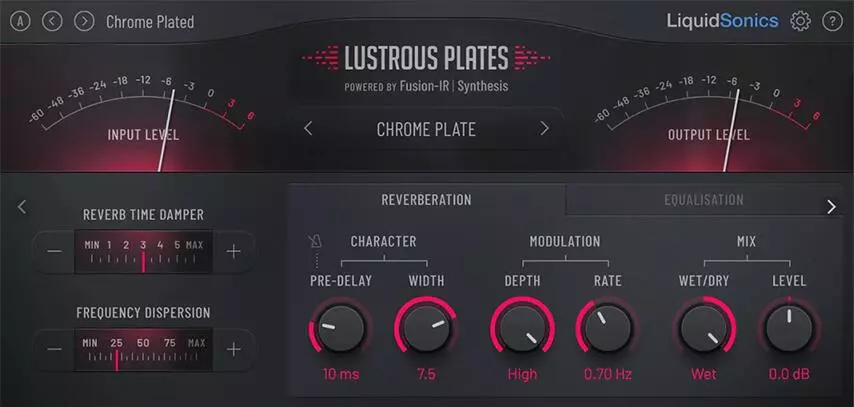
Looking at both the light and dark plugin skins, I have to say that they both look very clean and visually appealing. I definitely prefer the light skin over the dark one, but opinions may vary on this. I was shocked when I heard how good the plugin sounds, regardless of which skin you choose.
The Unobtanium reverb is a great tool for pushing tracks to the front of your mix. It has a variety of plate modes, and can be brightened with the high shelf in the eq section. Try widening the sound with the width knob for an even fuller mix.
20. Valhalla Vintage Verb
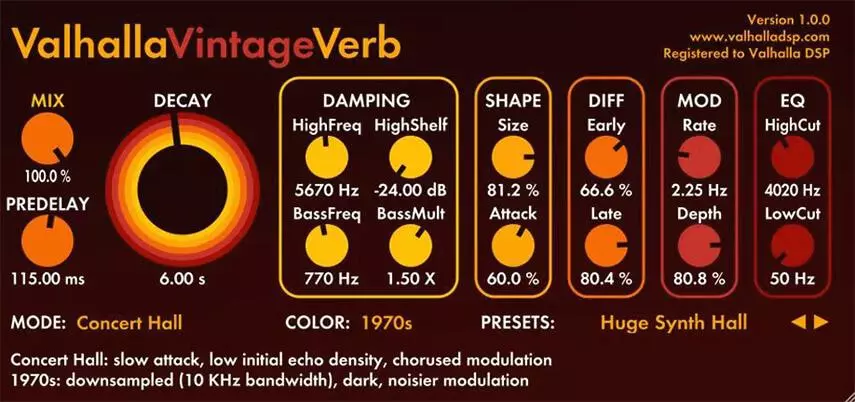
The Valhalla Room is a popular reverb that is known for its bright and lush tones. While it is capable of some more natural tones than the Valhalla Room, it is most famous for being very forward and bright. Use the built-in low cut options to clean up the low-end of this reverb. This will help create a more unified and polished sound.
21. UAD Pure Plates
UAD’s Plate 140 reverb is a great plugin for adding some extra space to your tracks. It has a simple, easy-to-use interface, and it sounds great. It’s perfect for adding a touch of shine to vocals or guitars, and it’s also great for use in live situations. The Plate 140 is a very forward-sounding reverb, so it’s perfect for tracks that need to cut through the mix.
22. Native Instruments Raum
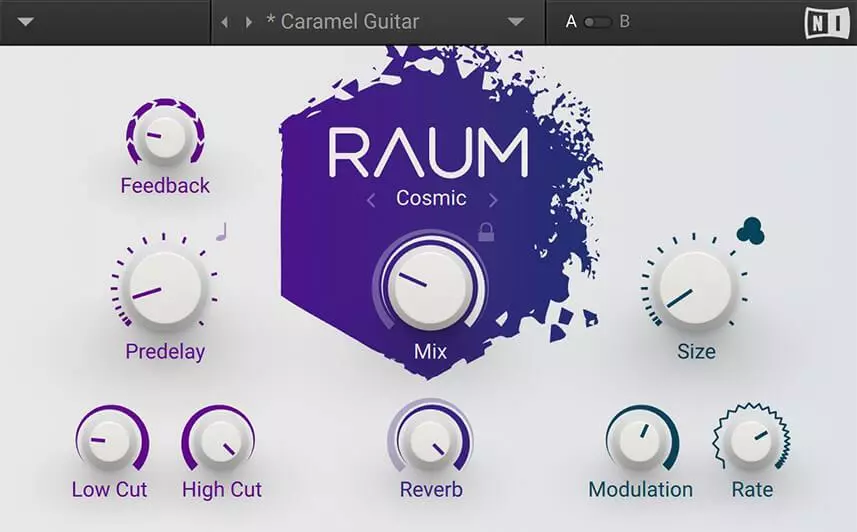
Raum is a simple, yet powerful reverb plugin with three modes: hall, room, and plate. It can be used to create natural or unnatural reverbs, depending on your needs. Predelay has a bpm sync option, that allows you to delay the onset of the reverb to note values based on your project’s tempo. The freeze option can also be used to create sweet ambiences.
23. Overloud THU
The THU multi-fx plugin is easy to use, despite its complex options. The intelligent design makes it easy to navigate, and the great sound quality of the reverbs make it a valuable tool for guitarists. Though it may be difficult to use on smaller displays, the plugin is packed with features that make it worth the space.
24. Altiverb
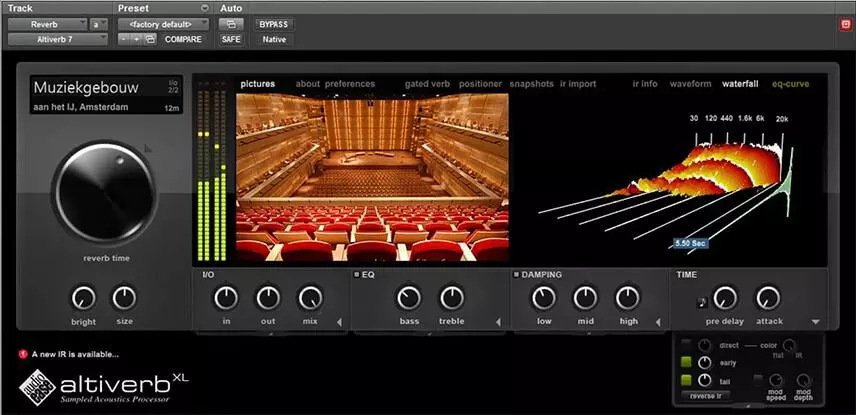
Altiverb is a great reverb, but I believe your money is best spent elsewhere. Use the brightness knob to adjust how forward you want that track to be in the mix. Altiverb is known for its hyper-realistic recreation of spaces, and being pretty much the best reverb money can buy. However, I believe that there are other reverbs out there that are just as good, if not better, than Altiverb and at a fraction of the price. So if you’re looking for a great reverb, I would say look elsewhere. There are plenty of great options out there that won’t break the bank.
25. Lexicon
Lexicon is a well-known name in the world of digital reverbs. They are famous for inventing many of the most sought after and famous reverbs and claim to offer that same quality in their plugin. The plugin offers 7 different reverb modes and many options for customizing the tone, making it a great option for those looking for an advanced reverb plugin.
The Lexicon reverb can be run in stereo or mono mode, depending on your needs. The nodes on the main screen allow you to control which frequencies will be accentuated in the tone of the reverb, which can help you achieve a more focused sound. This is a great way to shape the tone of your reverb, allowing for some serious tone shaping possibilities.
26. BABY Audio Crystalline
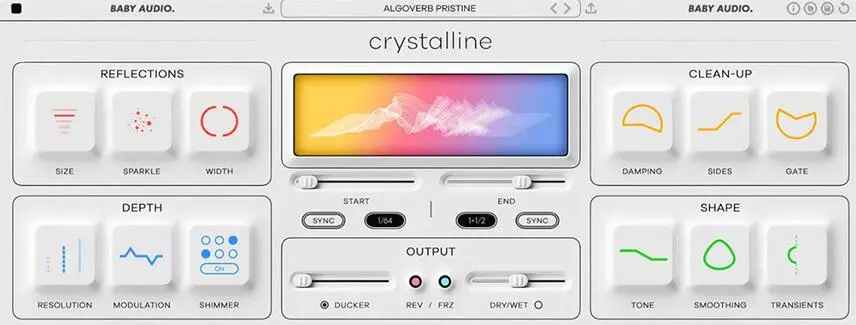
The reverb plugin Crystalline by BABY Audio is a pristine and modern sounding algorithmic reverb with multiple features that provide immense creative control over your sound. The plugin is built on top of the first algorithmic reverbs back in the 60s and comes with more than 300 presets created by professionals. It is currently available for 50% off on an introductory offer.
27. Eventide Blackhole
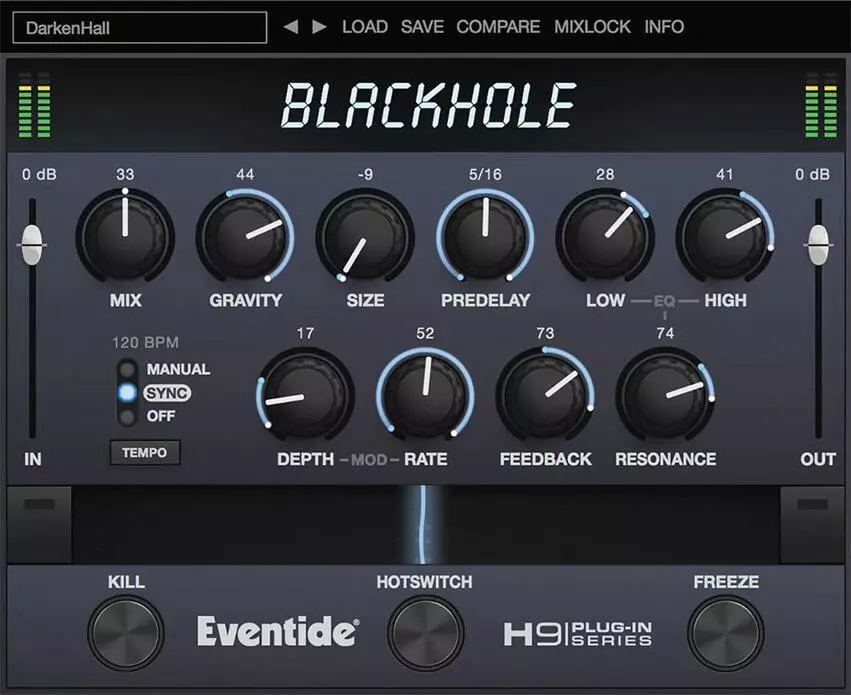
Eventide has some amazing reverb plugins for music producers and the blackhole reverb is a top pick for many professionals. It creates virtual spaces that could never exist in reality, adding richness and depth to the sound. It works best on guitars, strings, pads and vocals, but can also be used subtly on drums to add a bit of depth.
28. Kush audio goldplate
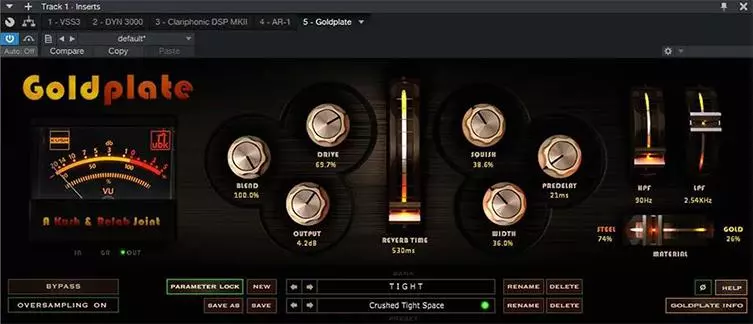
This is an outstanding reverb from award-winning hardware and software manufacturer Kush Audio. Kush Audio continues to impress its users with high-quality designs and an intuitive interface. Relab teamed up with Kush Audio to create a stunning Goldplate Plate Hall effect that sounds amazing. You can adjust the room size from small to medium with the built-in width adjuster. The plugin also has a built-in filter and compressor to improve the sound. Another benefit is the built-in drive control, which adds warmth and richness. To start using this plugin you will need an Ilok key. However, you can download the trial version for free from the official website. A full license is available for $199.
30. Exponential audio nimbus
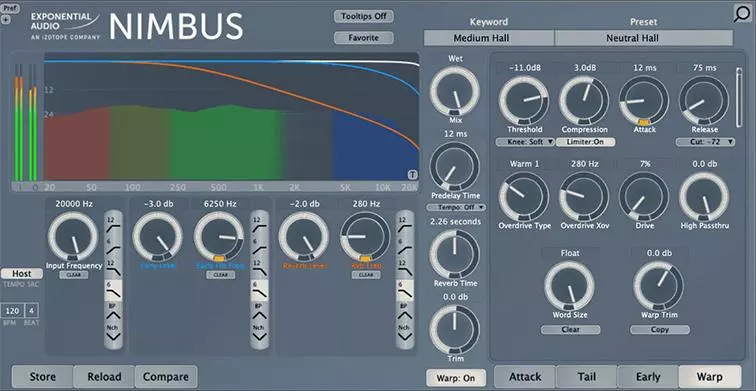
Time passes, but the classics always remain relevant. Lexicon has earned a reputation for producing outstanding reverbs, and it’s no wonder that their hardware has been found in renowned recording studios for a long time. Lexicon PCM NativeReverb is a collection of 7 custom plugins, each designed to address a different audio engineer’s needs: VintagePlate, Plate, Hall, Room, RandomHall, ConcertHall and Chamber. For this entire unique set of plugins you will have to pay $299.
31. Valhalla shimmer
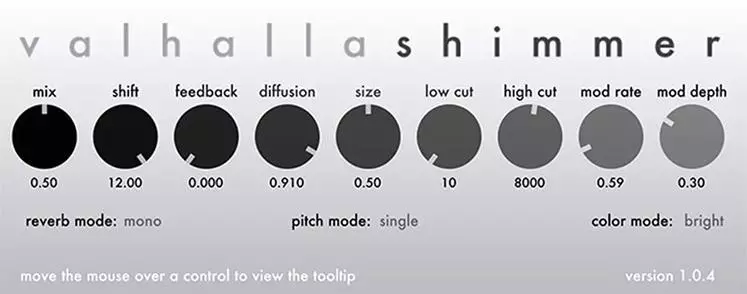
Valhalla Shimmer is one of our favorite tools and is ideal for creating spatial, immersive and atmospheric mixes. This plugin can add mystery and depth to your music. Although Shimmer doesn’t always sound natural, its interface is simple and intuitive. In addition, Shimmer offers a tone shift function and brightness and darkness modes, making it an excellent choice for creating effects in the Techno and House genres. This plugin is available for $50.
32. D16 Toraverb 2
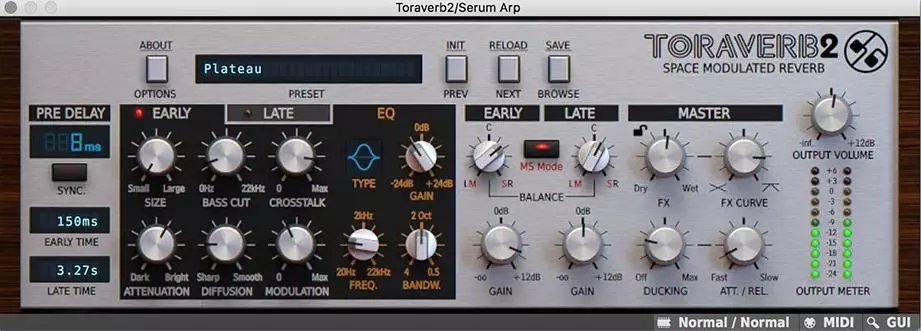
In our 2016 review, we already noted the first version of this reverb. A new and modern version, Toraverb 2 is a redesigned instrument capable of recreating the sound of any room and delivering outstanding and rich audio results.
Toraverb 2 is equipped with two independent fully parametric equalizers with three available curve types, allowing you to fine-tune the sound of your reverb. Features include a high-quality diffusion network, pre-delay with tempo sync option, controllable cross-reflections and customizable crossfader FX characteristics.
Toraverb 2 provides a great combination of functionality and sound quality for an affordable price of $69.
33. Softube spring reverb
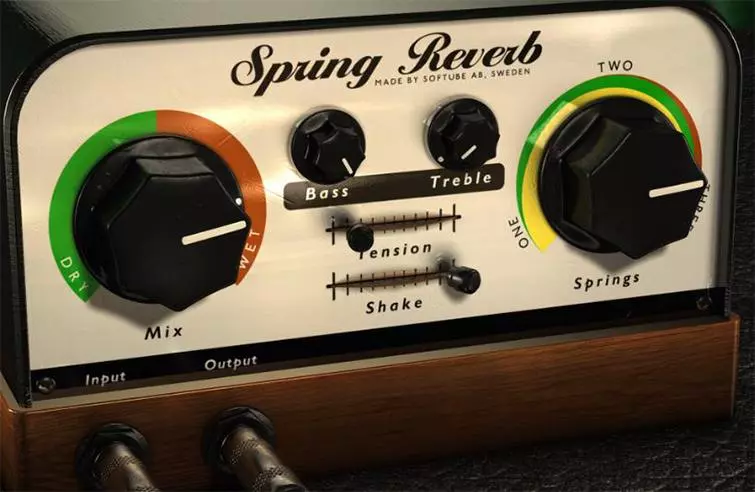
Like other spring reverbs, Softube Spring Reverb enriches the sound with richness. This type of space is often used to give guitars a distinctive sound and always brings a special flavor to the sound. Use it to add extra dimension to backing vocals, snare drums, percussion and electric guitars. Some musicians may consider its sound unusual, but in certain musical styles SOFTUBE SPRING REVERB emphasizes the author’s artistic concept. The price is $89.
34. Eventide Blackhole

Eventide Blackhole is another quality reverb. This VST plugin is designed for creating abstract spaces and is ideal for creative sound design. If you need to create a realistic room sound, then Blackhole is not the best tool for this task. With the Mod-Depth and Mod-Rate parameters you can create very abstract effects and strange sounds. In addition, this plugin is equipped with a built-in equalizer. It costs $199.


